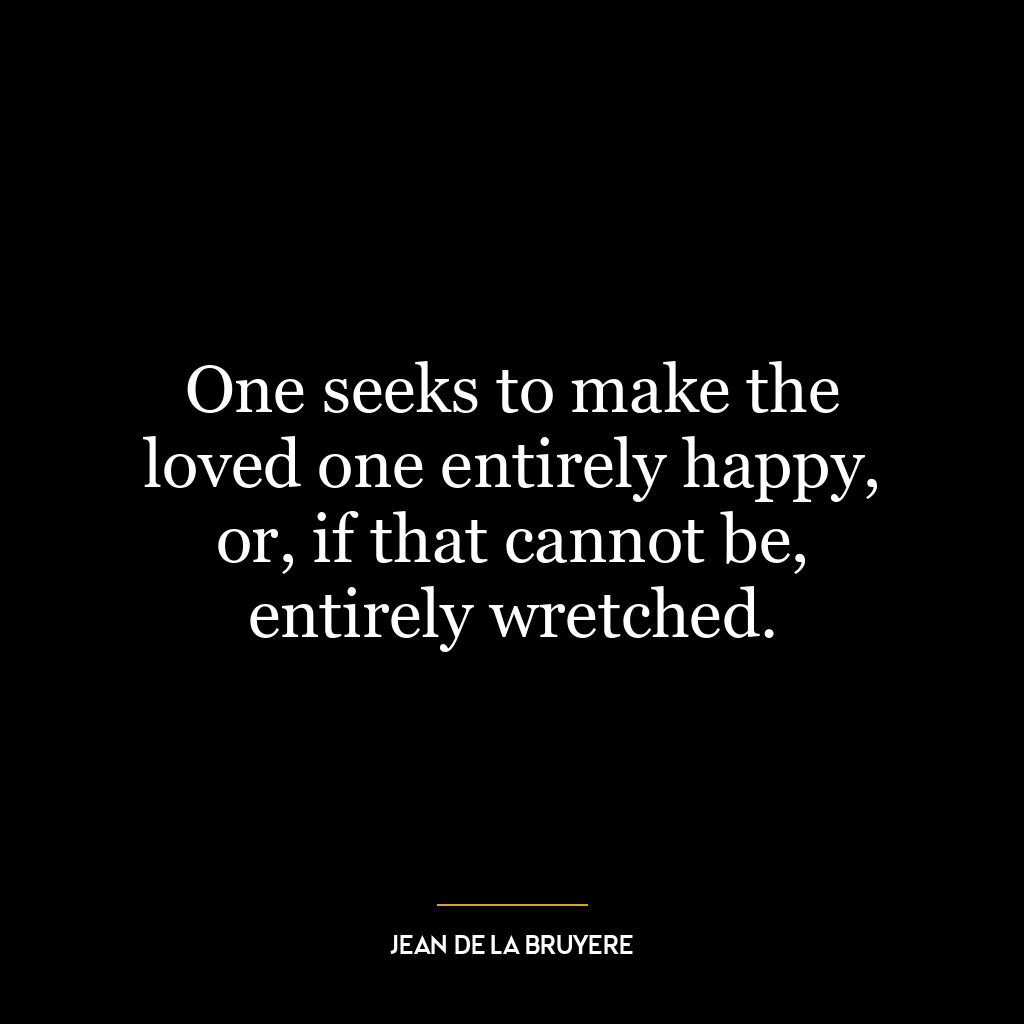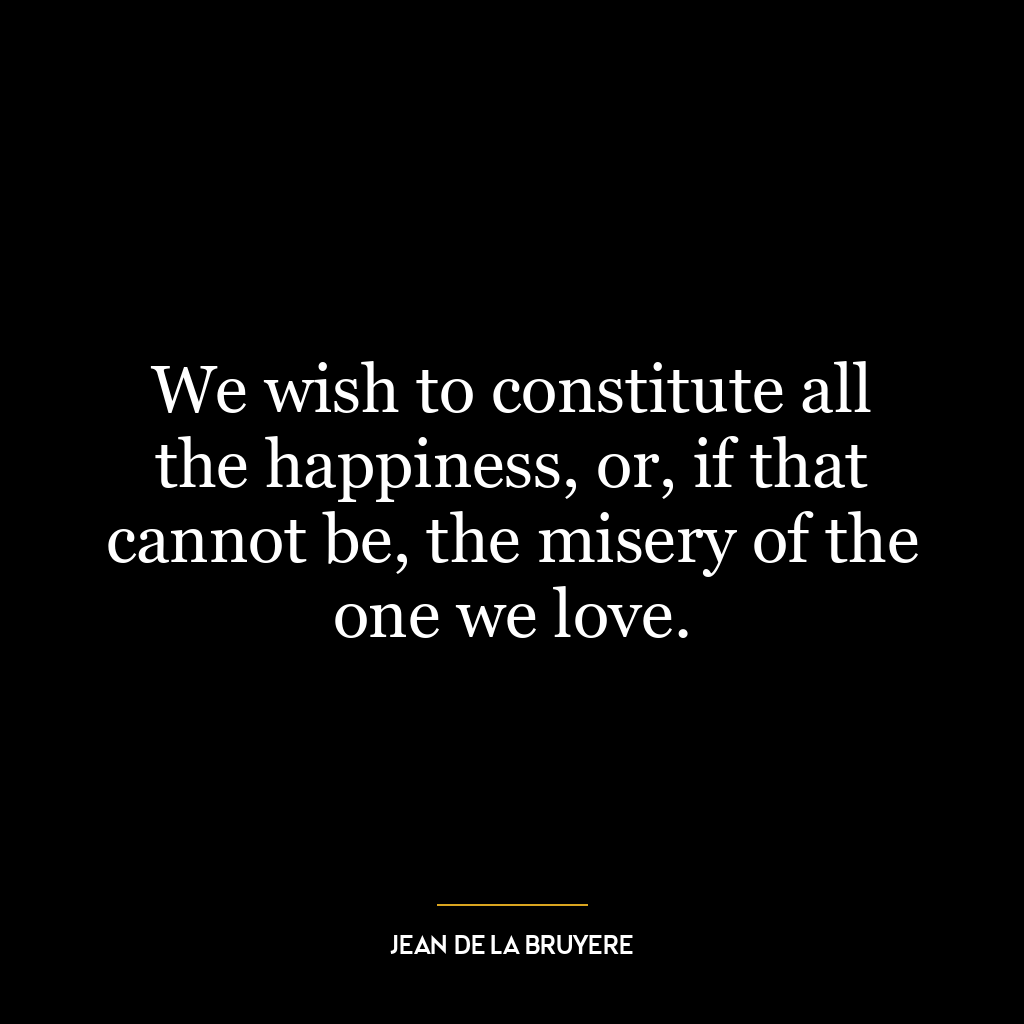This quote suggests that acts of compassion or pity are driven by our personal discomfort with the suffering of others. Essentially, when we witness someone in pain or distress, it triggers a sense of unease within us. Our empathetic response, manifesting as pity, is a way to alleviate this discomfort. By helping others, we are indirectly helping ourselves to feel better.
This idea might seem counterintuitive to the common belief that empathy and compassion are selfless acts. However, it provides an interesting perspective on the human motivation behind such actions. It doesn’t necessarily imply that acts of pity are selfish; rather, it underscores the interconnectedness of our emotions and actions. We are intrinsically wired to seek comfort and happiness, and if seeing others in pain disrupts our inner peace, we naturally feel compelled to restore it.
In terms of personal development, this quote can offer valuable insights. Understanding that our discomfort with others’ suffering motivates us to act compassionately can help us be more conscious and intentional in our actions. It could encourage us to cultivate genuine empathy, not just as a reaction to personal discomfort, but as a proactive way of connecting with others.
In today’s world, this idea is particularly relevant in the context of social issues. For instance, people may feel distressed by news about poverty, inequality, or environmental degradation. This discomfort can spur them into action, leading them to donate, volunteer, or advocate for change. However, it’s important to remember that while our discomfort can be a catalyst for action, the ultimate goal should be to alleviate the suffering of others, not just our own discomfort.
In conclusion, this quote challenges us to reflect on why we feel and act the way we do when confronted with the suffering of others, and encourages us to strive for empathy and compassion that goes beyond our personal discomfort.











